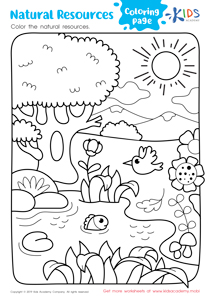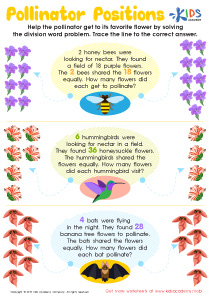Normal Elementary Phonics worksheets activities for Preschool
1 filtered results
-
From - To


Phonological Awareness: Assessment 1 Worksheet
Normal Elementary Phonics worksheets activities for Preschool are an invaluable tool for laying the foundation of literacy in young learners. These activities are specifically designed to cater to preschool-aged children, aiming to introduce them to the basic building blocks of reading and writing in an interactive and enjoyable manner. Here’s why these worksheets are incredibly useful:
### Tailored Learning
Normal Elementary Phonics worksheets are meticulously crafted to suit the learning capabilities of preschoolers. They focus on the fundamental aspects of phonics, such as letter recognition, sounds, and simple word formation, ensuring that the activities are neither too challenging nor too simplistic for young minds. This tailored approach helps in maintaining the child's interest and encourages active participation.
### Development of Phonemic Awareness
Phonemic awareness is the ability to hear, identify, and manipulate individual sounds in spoken words. The activities in these worksheets are designed to enhance this skill, which is crucial for the development of reading and spelling abilities. Through engaging tasks, children learn to associate letters with their corresponding sounds, paving the way for fluent reading.
### Reinforcement of Learning
Repetition is key in the learning process, especially for young children. Normal Elementary Phonics worksheets provide ample opportunity for practice, allowing children to reinforce what they have learned. This repetition ensures the retention of information and helps in solidifying the connection between letters and sounds.
### Boosts Confidence
Completing these worksheets gives preschoolers a sense of accomplishment. Each activity designed to match their learning phase boosts their confidence in their abilities to recognize sounds and letters. This newfound confidence can lead to a more profound interest in reading and writing, fostering a lifelong love for literacy.
### Fun and Engaging
Lastly, Normal Elementary Phonics worksheets for Preschool are crafted to be both educational and entertaining. The activities incorporate colorful illustrations, engaging tasks, and interactive challenges that keep children excited about learning. By turning education into a fun experience, these worksheets ensure that young learners are always eager to explore the world of phonics.
In conclusion, Normal Elementary Phonics worksheets activities for Preschool play a pivotal role in early childhood education. They not only introduce the basics of reading and writing in an accessible manner but also foster a positive attitude towards learning, setting the stage for future academic success.

 Assign to the classroom
Assign to the classroom











